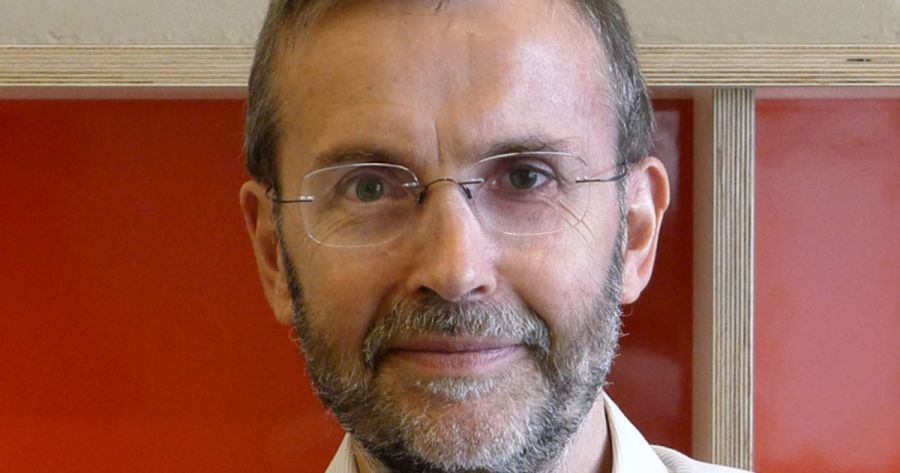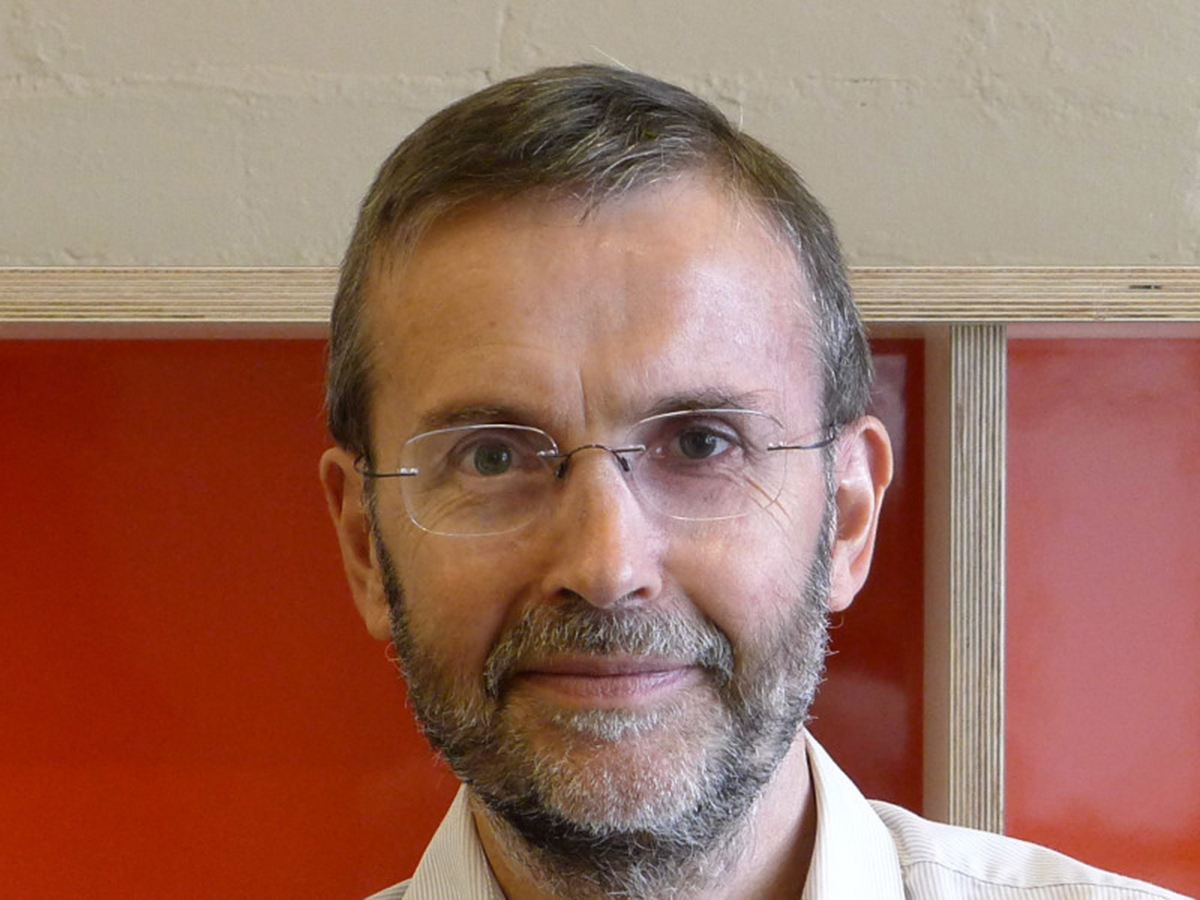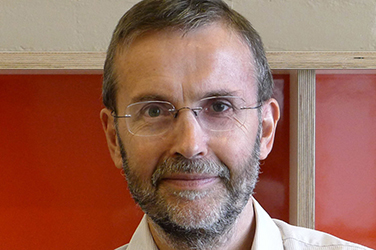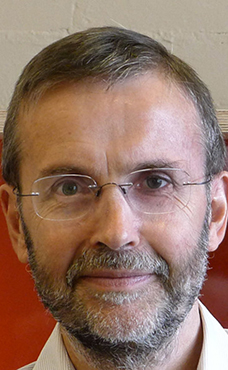
- Free Article: No
- Contents Category: Open Page
- Custom Article Title: An interview with Ross McMullin
- Review Article: Yes
- Article Title: An interview with Ross McMullin
- Online Only: No
- Custom Highlight Text:
Ross McMullin’s latest book Life So Full of Promise: Further biographies of Australia’s lost generation (2023) is his sequel to Farewell, Dear People (2012), which was awarded the Prime Minister’s Prize for Australian History. His previous biographies include Pompey Elliott (2002) and Will Dyson: Australia’s radical genius (2006). His political histories are The Light on the Hill (1991) and So Monstrous a Travesty: Chris Watson and the World’s first national labour government (2004).
- Article Hero Image (920px wide):

- Article Hero Image Caption: Ross McMullin (Scribe Publications)
- Featured Image (400px * 250px):

- Alt Tag (Featured Image): An interview with Ross McMullin
If you could go anywhere tomorrow, where would it be, and why?
In winter I’d prefer to head north for some warmth. Further afield, I’ve always liked the uniqueness of Venice.
What’s your idea of hell?
The torment of acute physical pain. Restaurants where the noisy ambience is so loud that conversation is impossible can sometimes feel hellish.
What do you consider the most specious virtue?
Absorption in social media.
What’s your favourite film?
It’s yet to be made. The story of Pompey Elliott is a natural for a superb film but we’re still awaiting its creation. The films I recall most appreciatively include, in no particular order, The Castle, The Sapphires, Gallipoli, and The Club.
And your favourite book?
Too hard. Probably The Broken Years by Bill Gammage.
Name the three people with whom you would most like to dine.
I’d choose historical identities I’ve tried to bring to life in my books after thinking about them a great deal. Stand-out nominations would be Pompey Elliott and Will Dyson. The contenders for the third selection would include Andrew Fisher and two characters in my latest book, Margot Watson and Murdoch Mackay.
Which word do you most dislike, and which one would you like to see back in public usage?
‘Impact’ as a verb, with ‘moving forward’ a close second, along with other examples of the crass management language that Don Watson has highlighted. I also dislike ‘back in the day’. I’d like to see a reversion to the straightforward usage of death/died/dying instead of the euphemistic alternatives increasingly in vogue, such as passed/passing or gone.
Who is your favourite author?
I enjoy Shane Maloney’s novels. I’ve read and enjoyed all Anthony Quinn’s novels, except one that I haven’t yet read but hope to soon. I’ve admired the books of the distinguished historian Geoffrey Serle. A number of my books have been about World War I in one way or another, and I have long appreciated Charles Bean’s remarkable and pioneering histories about that conflict.
And your favourite literary hero or heroine?
Murray Whelan and Freya Wyley.
Which quality do you most admire in a writer?
In both non-fiction and fiction, I particularly admire writers who are good at flow, the important skill that enables the reader to be carried along seamlessly.
Which book influenced you most in your youth?
When I was a dissatisfied, recently graduated lawyer considering a change to something more aligned with my interest in history, I was particularly influenced by Bill Gammage’s innovative The Broken Years.
Name an early literary idol or influence whom you no longer admire.
As a child I read a great deal of Enid Blyton.
Do you have a favourite podcast?
The ABC podcast series on the dismissal of the Whitlam government had some interesting and fresh perspectives.
What, if anything, impedes your writing?
Email traffic is the most obvious impediment. Being a historian and biographer inevitably results in writing progress being slowed by the need to confirm the factual accuracy of what’s being written.
What qualities do you look for in critics, and which ones do you enjoy reading?
Insight, fairness, familiarity with the subject matter, and empathy with the author’s objective. Michael McKernan, Troy Bramston, and Stephen Loosley.
How do you find working with editors?
I like the way skilled editors can discern my intended meaning and suggest words that express it better than I had.
What do you think of writers’ festivals?
An excellent way for readers to connect with writers in a convivial atmosphere. It can be amusingly deflating after a presentation, though, to find a long queue of fans lined up for the author alongside you whose book is much more popular than yours.
Are artists valued in our society?
Not enough, which has long been characteristic of Australia. It was good to see the Albanese government’s recent measures aiming to improve this state of affairs.
What are you working on now?
Promotional activities have continued in connection with my new book Life So Full of Promise, and while they do I’m contemplating what my next project might be.



Comments powered by CComment